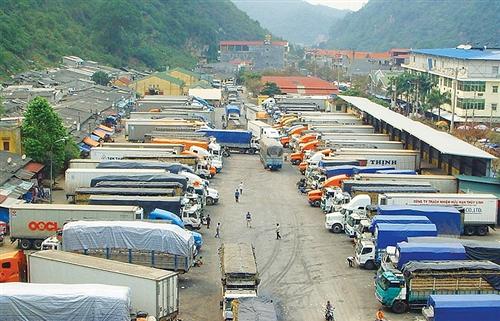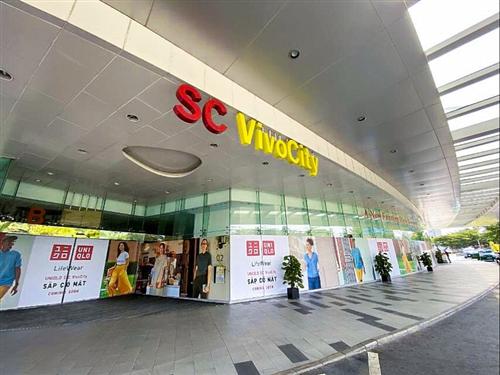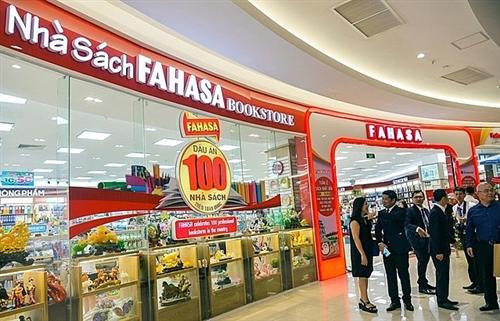Covid-19 hits Hanoi retail market, landlords take support measures
Covid-19 hits Hanoi retail market, landlords take support measures
As the occupancy rate dropped due to impacts of the pandemic, landlords rolled out supportive measures.
Rental rates in Hanoi’s retail market in the first quarter (Q1) this year were stable, but various supportive measures have been employed after the market was hard hit by Covid-19, according to JLL, a leading professional services firm that specializes in real estate and investment management.
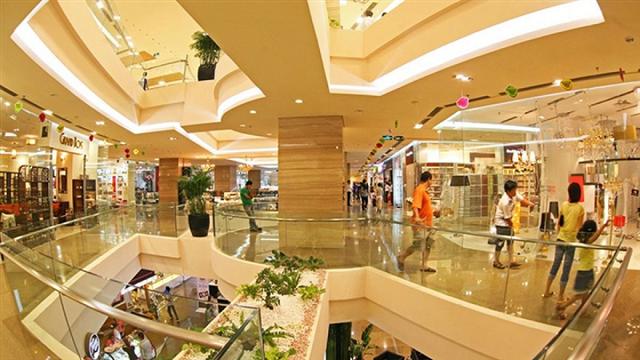
Retail market witnesses low absorption due to the pandemic
|
The average rent stood at US$29.3 per sq.m per month but a number of landlords offered various temporary supportive measures for their tenants.
The most direct one was to reduce 10-50% of rents, depending on the sectors, and the scope of reduction varied from one landlord to another. Other indirect ones included promotion and advertising packages to attract customers.
Due to the Covid-19 pandemic, the net absorption was negative during the quarter, and the occupancy rate was recorded at 90.4%, a decline of 48 basis points (bps) on quarter, the report showed.
Shopping malls took a hit as the public was encouraged to stay at home to avoid large gatherings, and many switched to online shopping. A few stores had to shut down while the majority either operated with minimal activities or temporarily closed as ordered by the government.
Only supermarkets, convenience stores, and those providing essential products were the least affected.
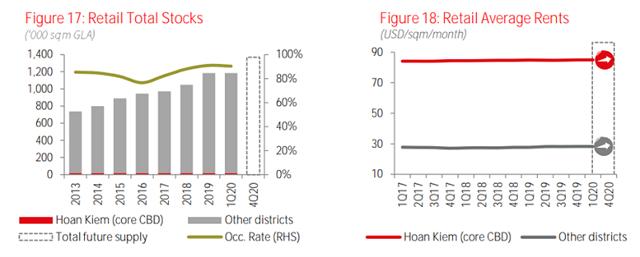
Supply and rental of Hanoi’s retail market in Q1/2020. Photo: JLL Research
|
However, the market was not all gloomy as Vincom Center Pham Ngoc Thach, after the renovation, welcomed many new store openings, including the Uniqlo outlet in Hanoi.
The market saw no change in the supply during the quarter. Large shopping malls located outside of the city center, providing various activities to visitors, remained the favorite for both tenants and customers.
JLL predicted that Covid-19 is likely to deal a heavy blow to the retail market in 2020. The longer the pandemic lasts, the more time it will take for tenants and consumers to recover, which will affect the leasing and purchasing activities.
In addition, with the large supply coming online in 2020, the competition is likely to intensify, causing the rental rate to be adjusted further. Therefore, flexible leasing strategies and synchronized promotion and advertising programs by both landlords and brands are recommended to improve the current conditions.










